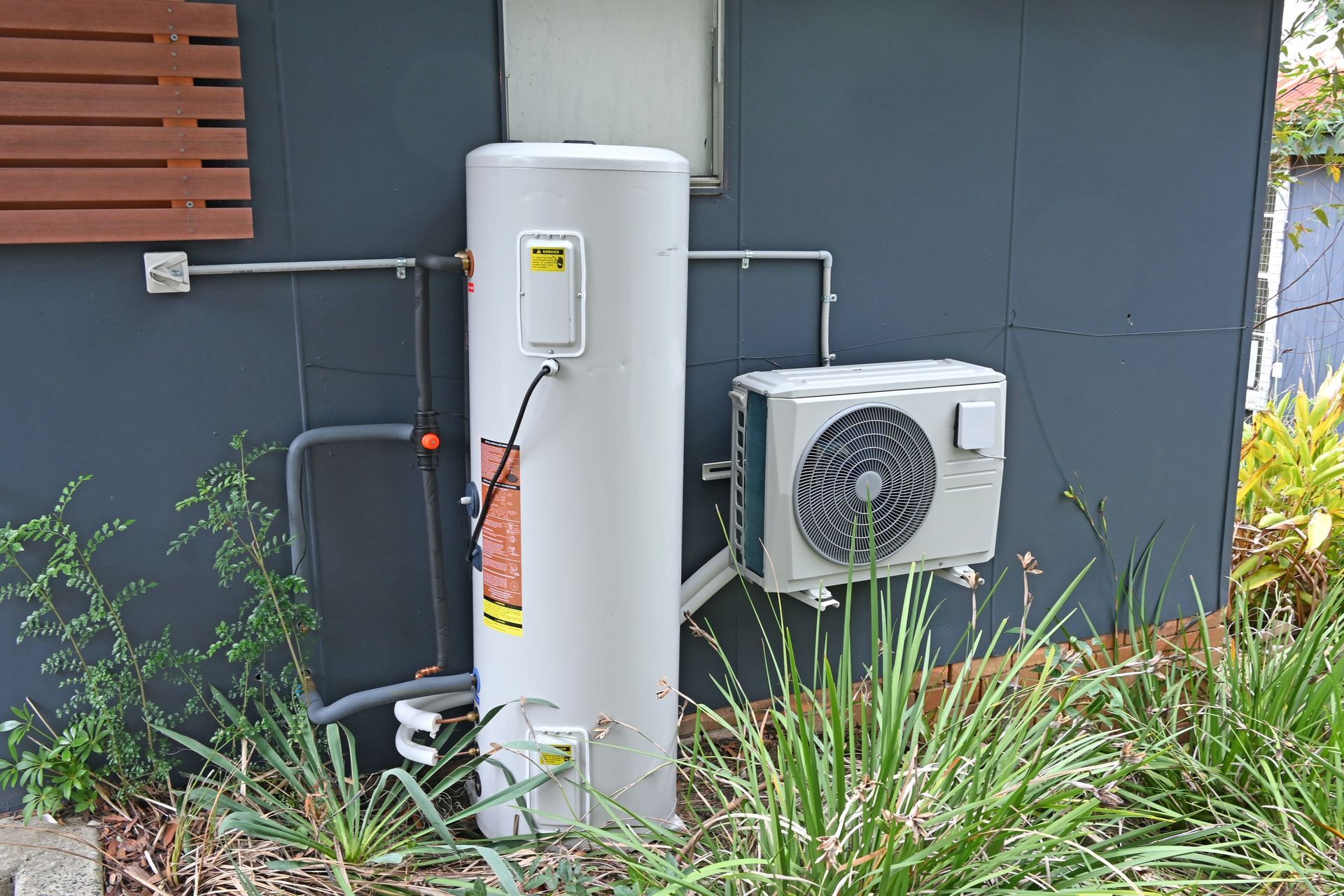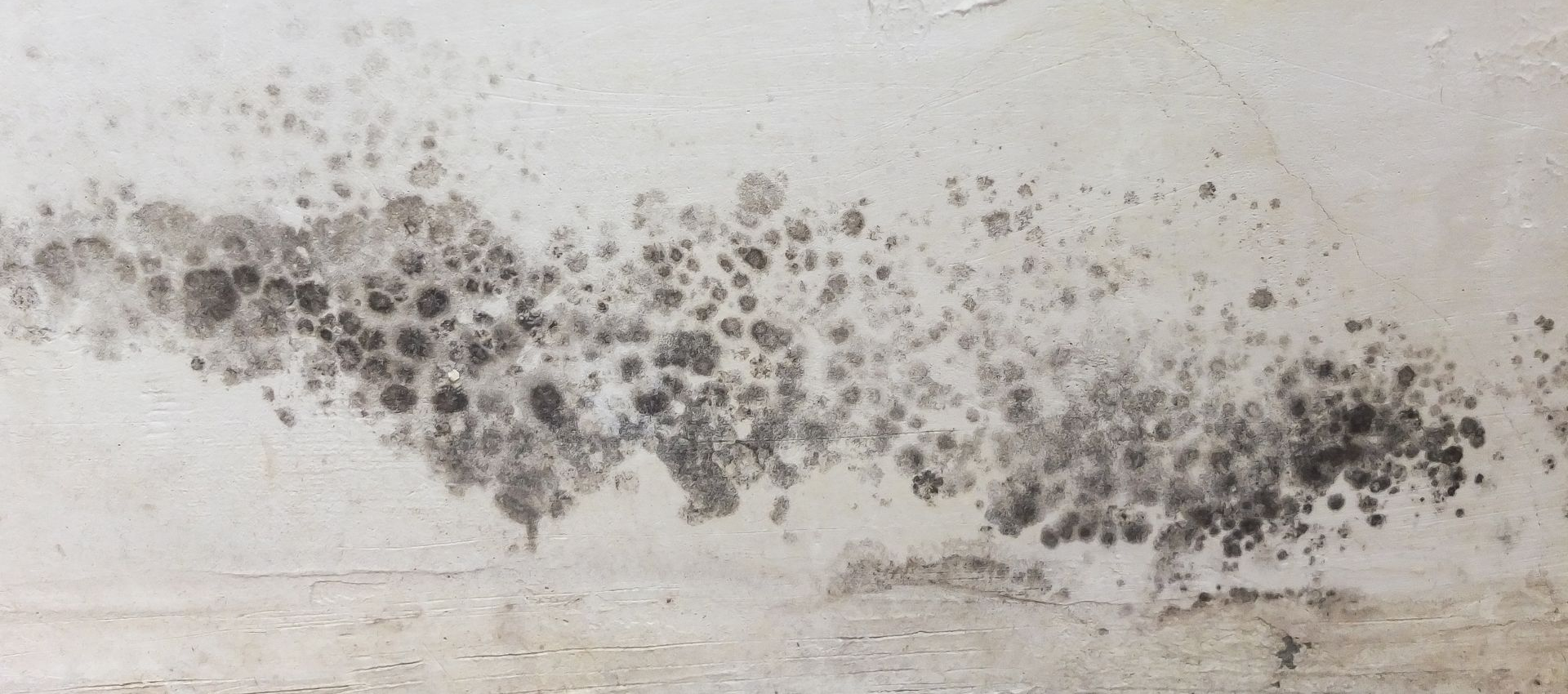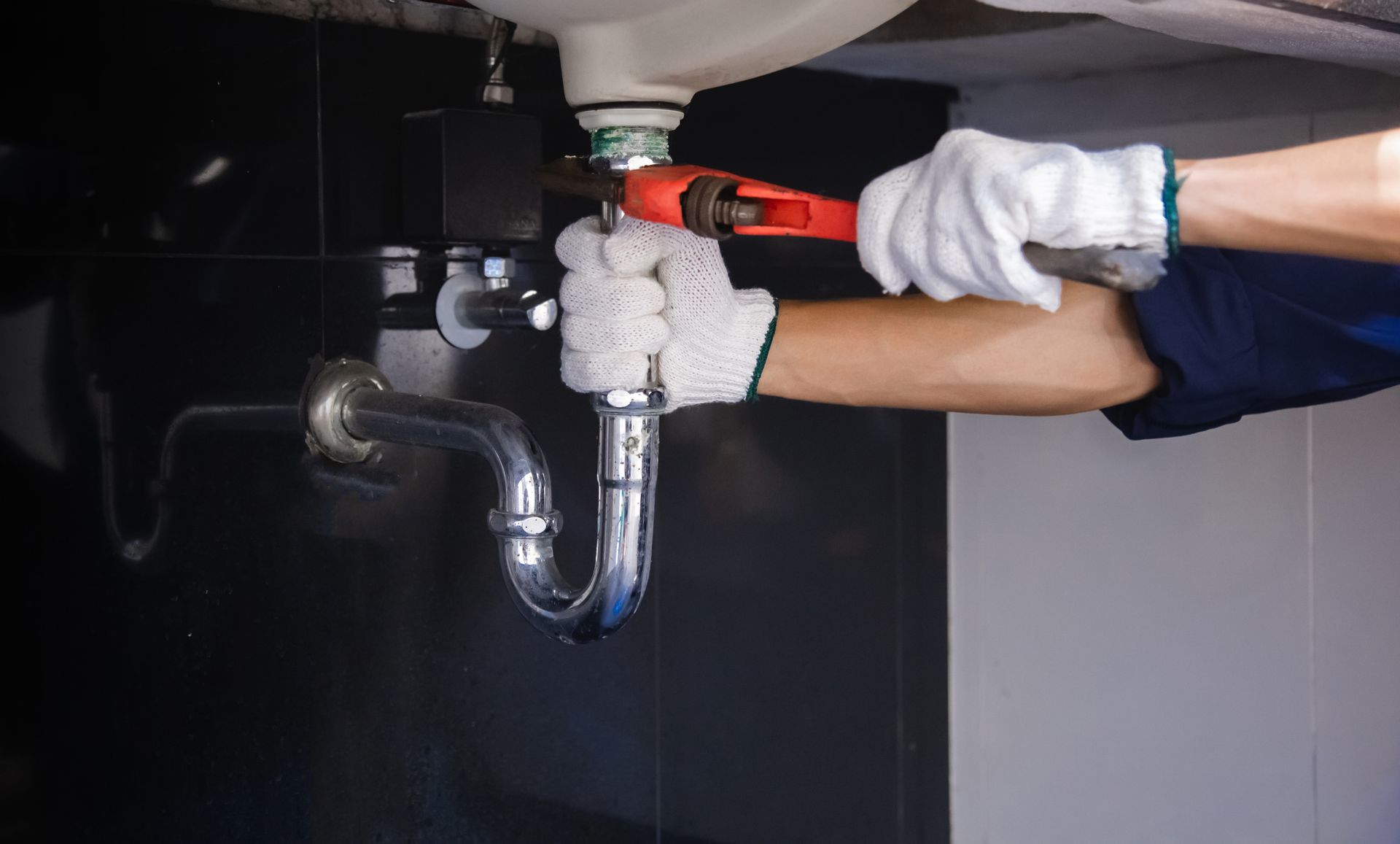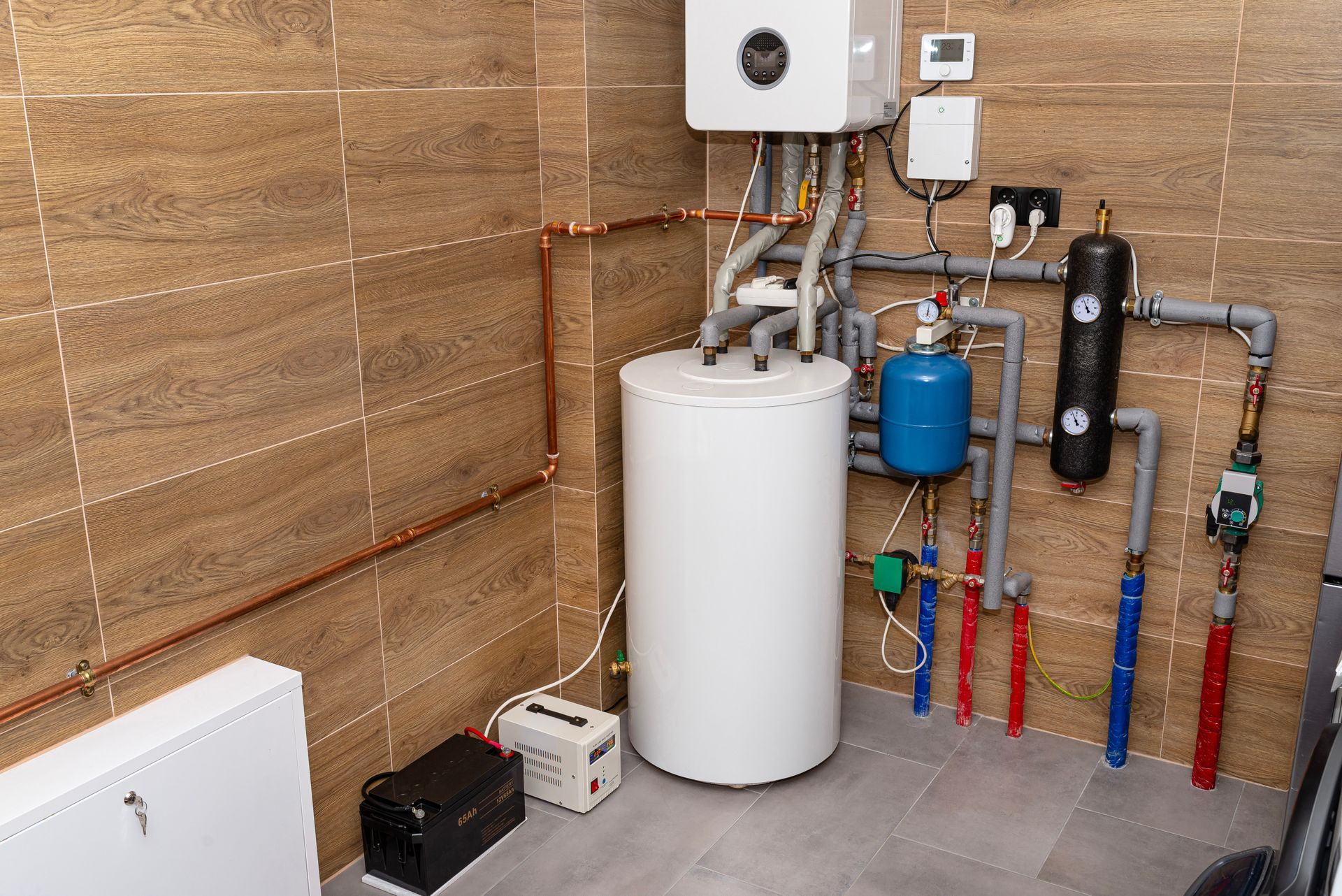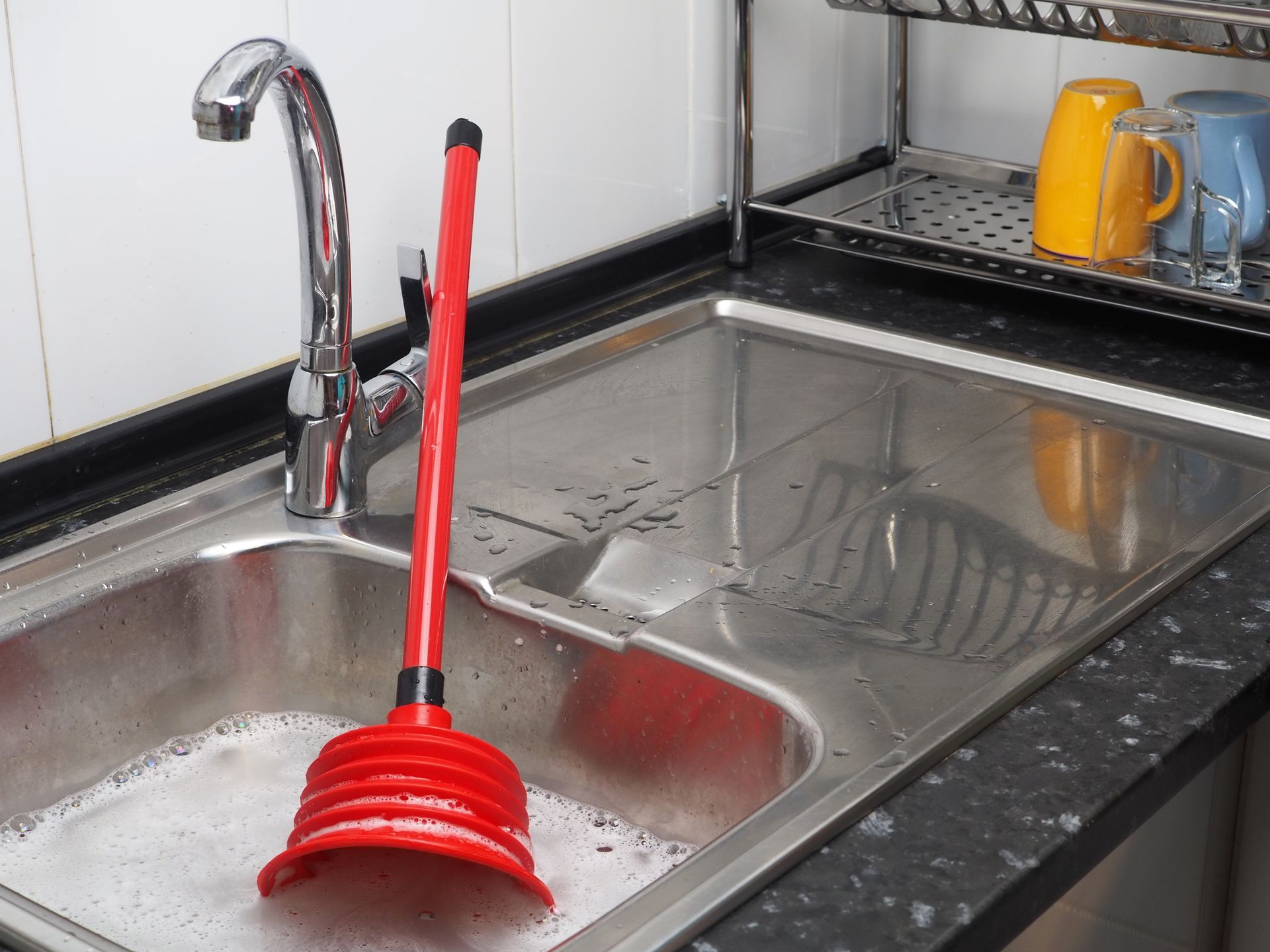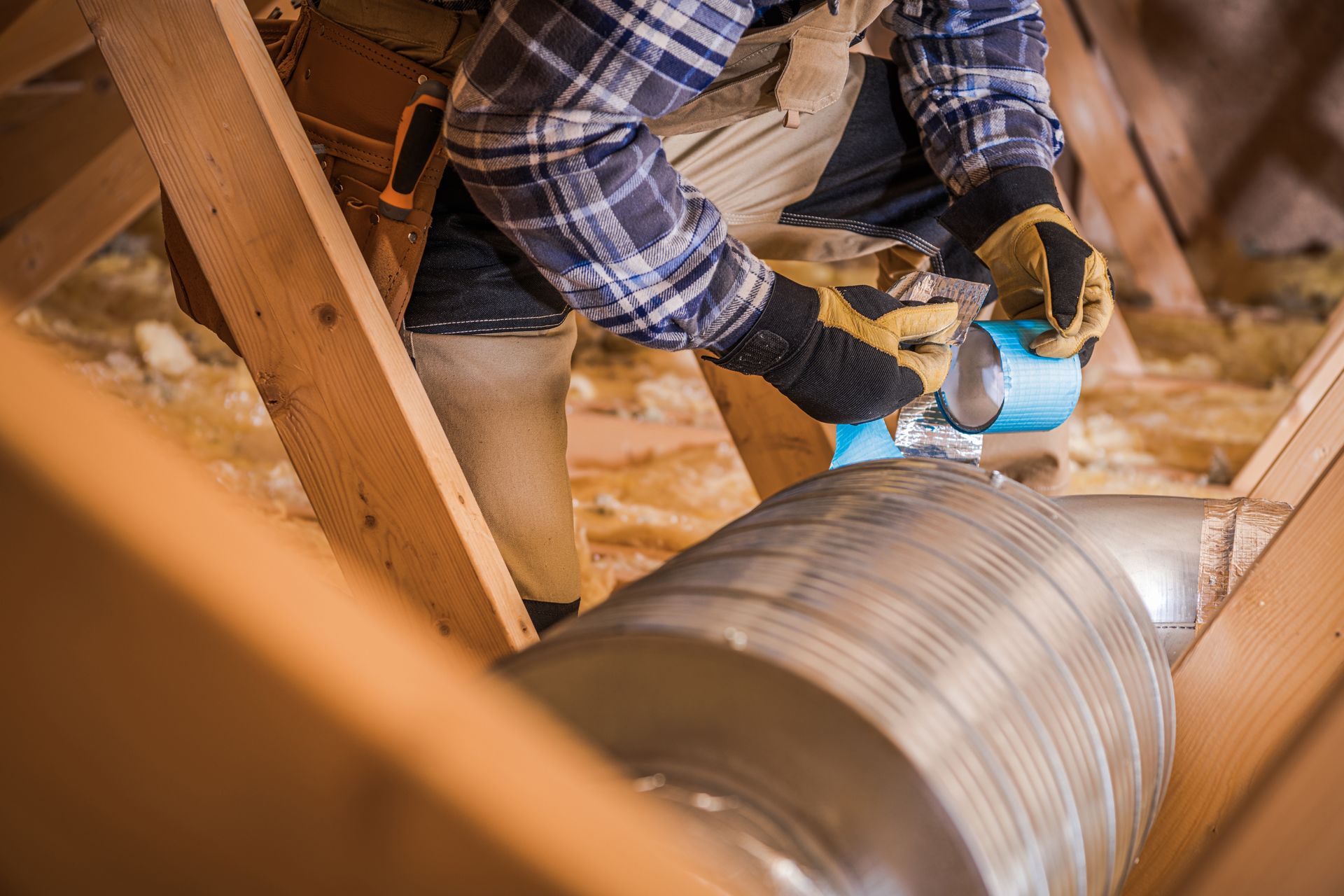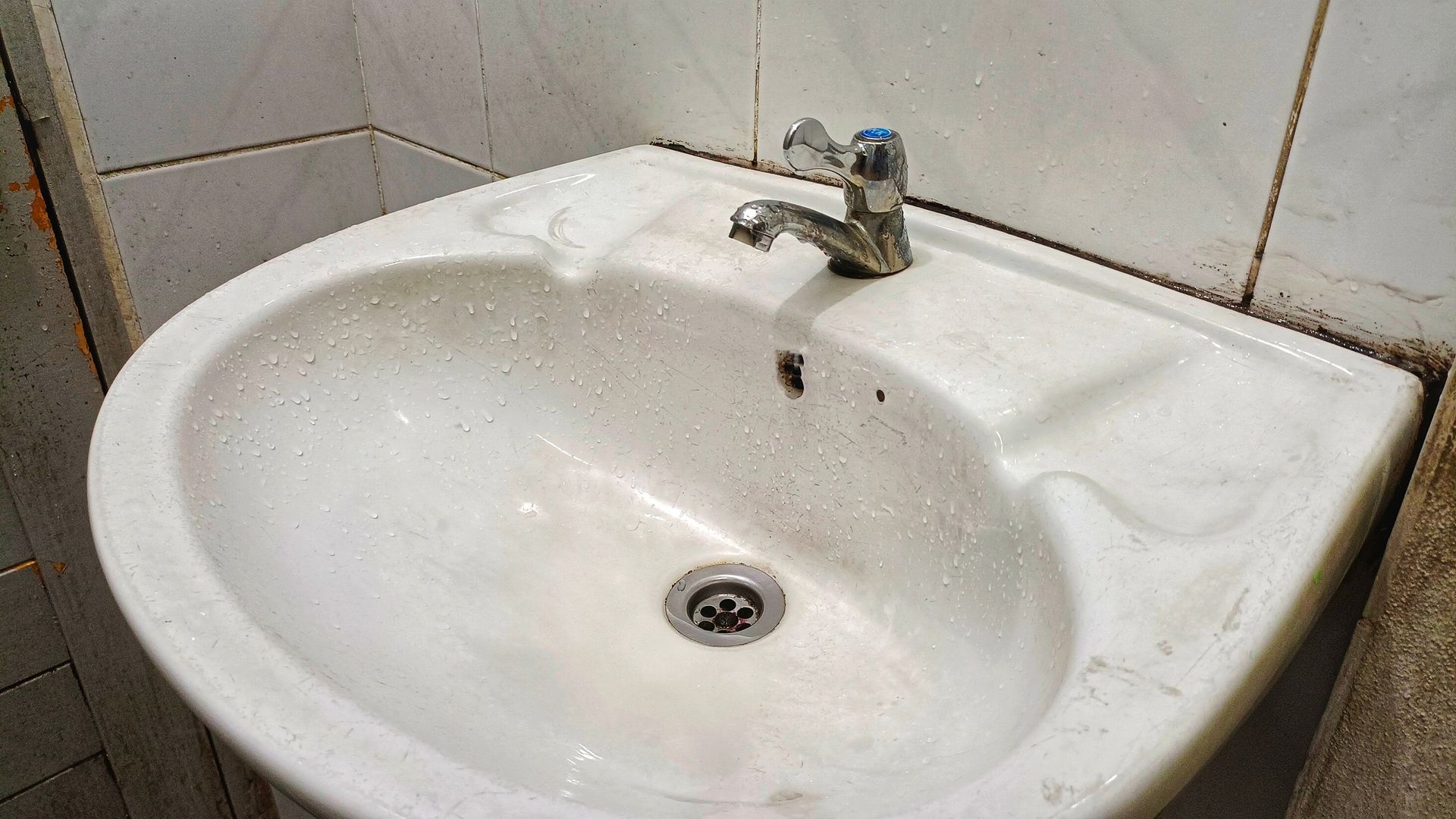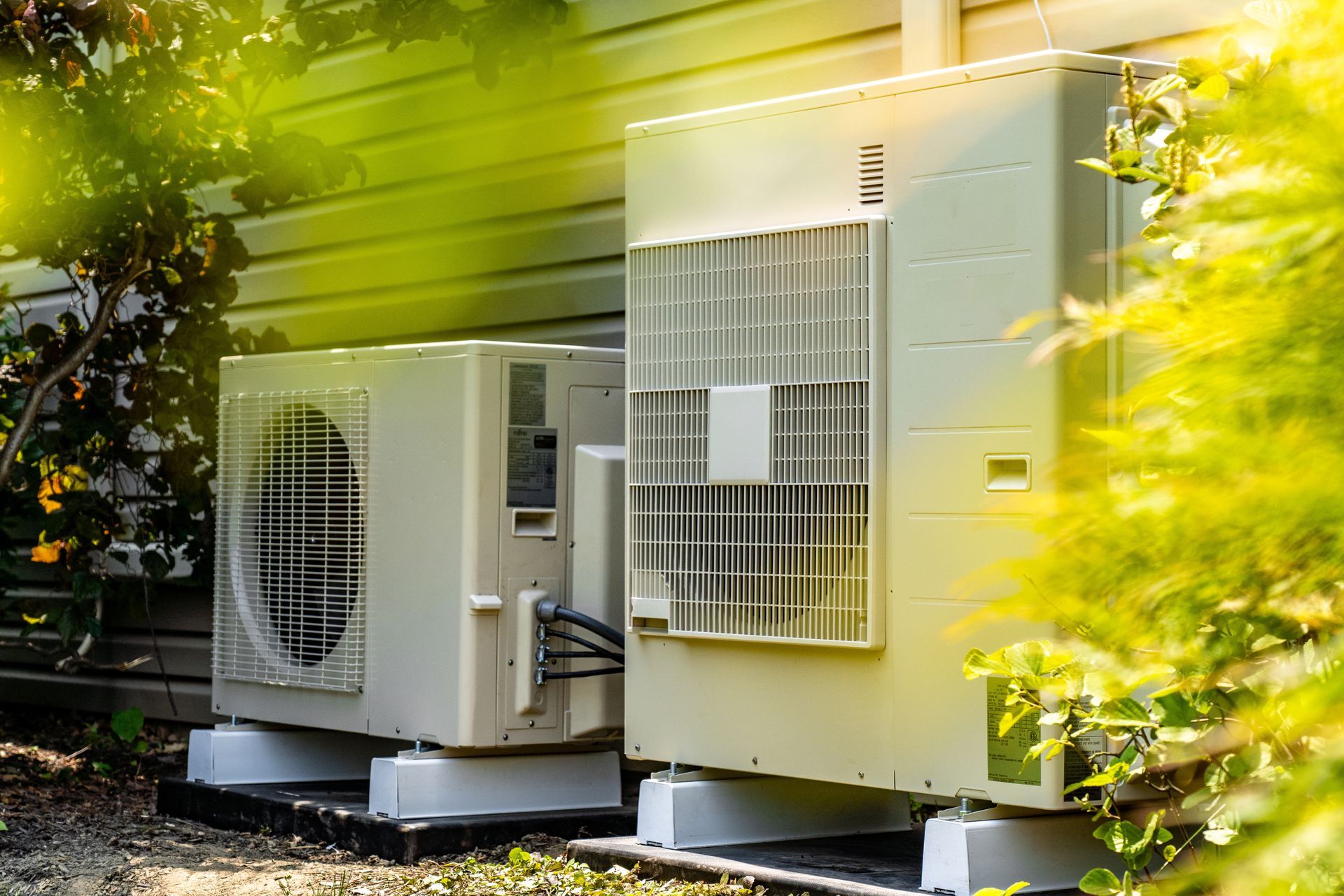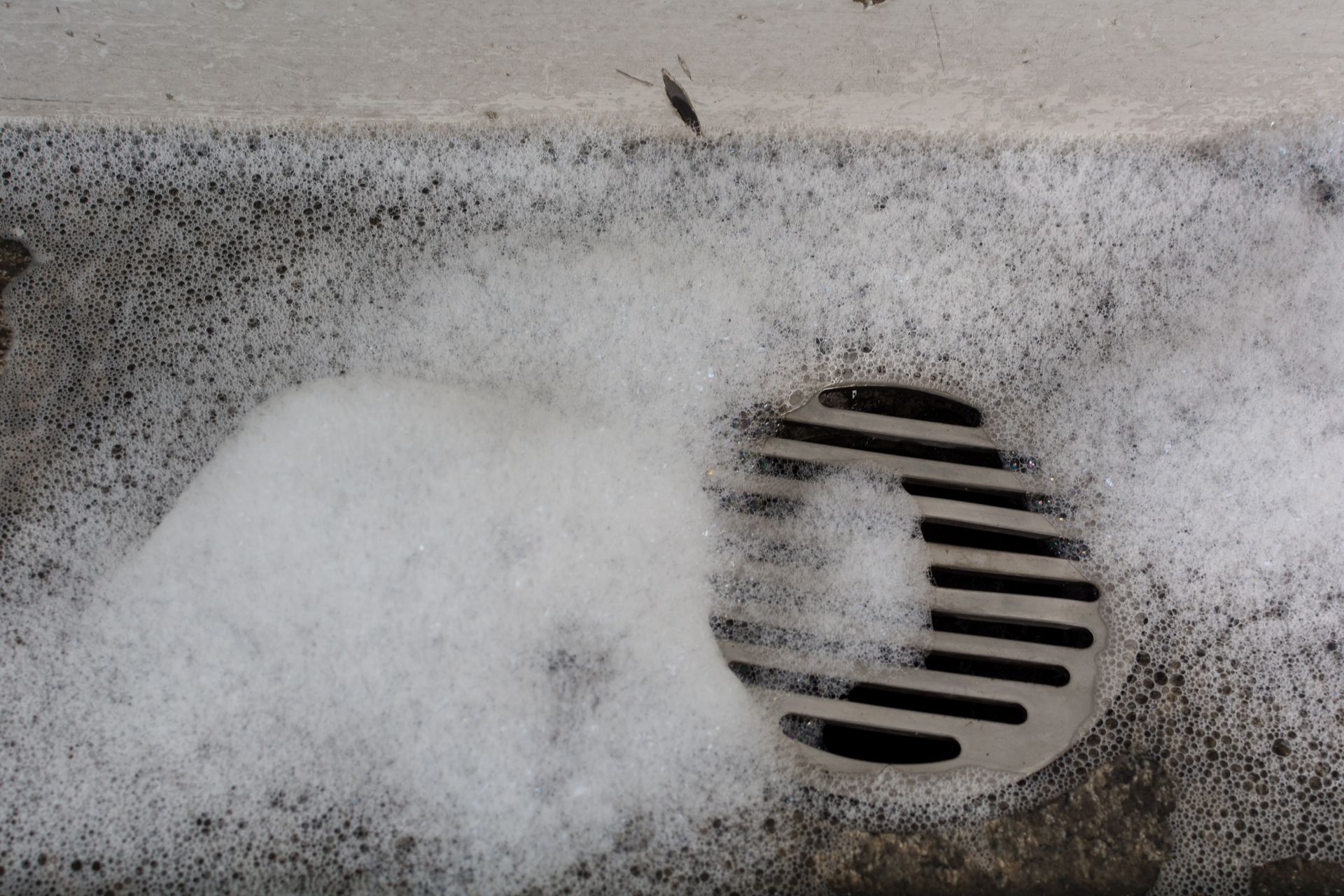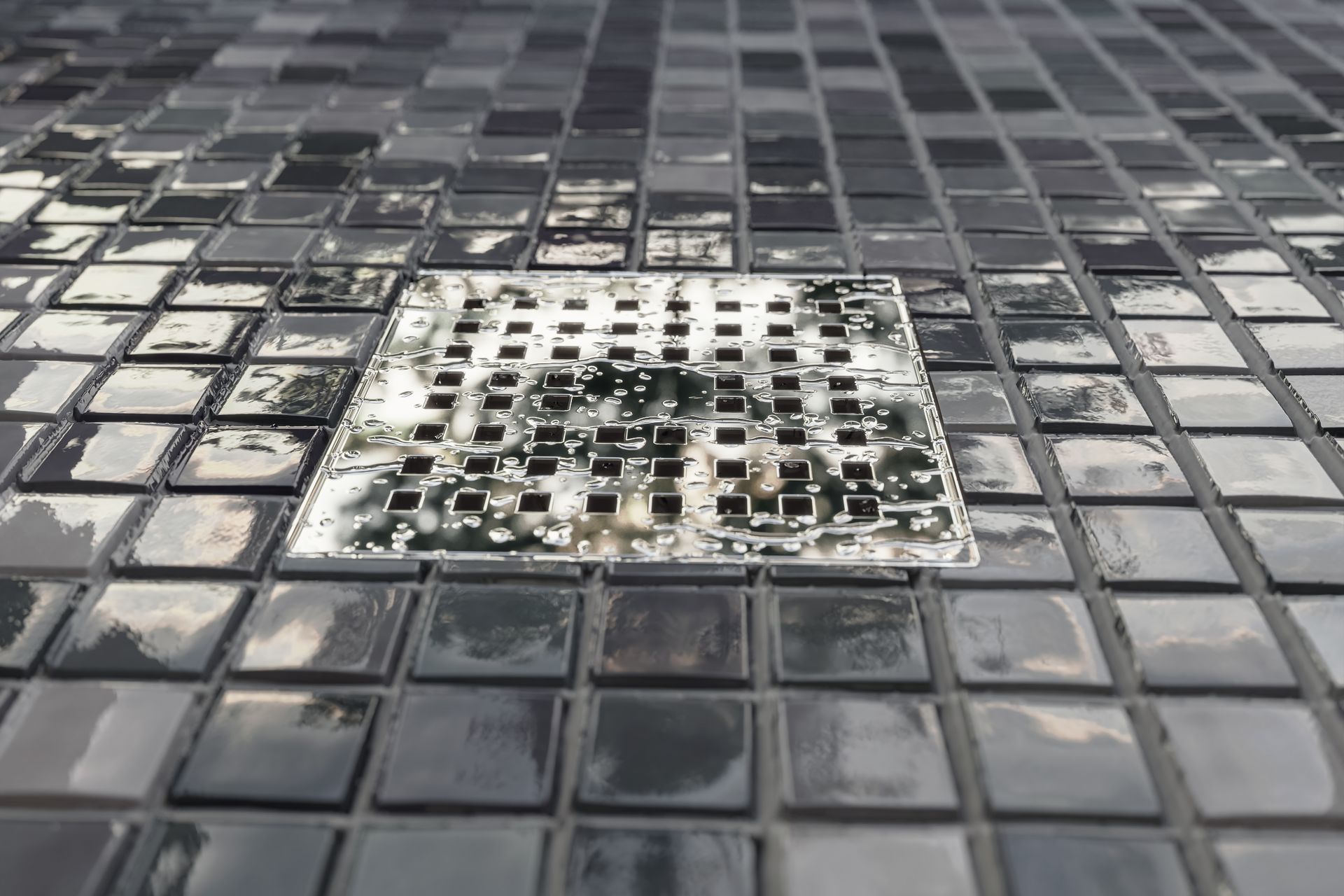Health Effects from Poor Indoor Air Quality: What You Need to Know
Indoor air quality plays a significant role in your overall health and well-being. In fact, the quality of air inside your home or office can directly impact respiratory health, cause allergic reactions, and even affect your mental state. If you live in Warner Robins or Macon, GA, understanding the health effects of poor indoor air quality is crucial for ensuring that you and your family breathe cleaner, healthier air.
What is Indoor Air Quality?
Indoor air quality (IAQ) refers to the condition of the air inside buildings and structures, especially as it relates to the health and comfort of the people who live or work there. Common indoor air pollutants include dust, pet dander, mold, pollen, smoke, and volatile organic compounds (VOCs) emitted by cleaning products, paints, and furniture. Poor ventilation, high humidity, and faulty HVAC systems can all contribute to decreased air quality.
Learn more about what affects indoor air quality in this comprehensive guide.
Health Risks from Poor Indoor Air Quality
When indoor air quality is compromised, it can lead to a variety of health problems. From respiratory issues to allergy flare-ups, the health effects of poor IAQ are well-documented. Here are some of the most common health risks associated with poor indoor air quality:
1. Respiratory Problems
Breathing poor air can irritate your respiratory system and lead to chronic conditions such as asthma, bronchitis, and other respiratory infections. Dust, mold, and chemical pollutants can trigger coughing, wheezing, and shortness of breath, especially in individuals with pre-existing conditions like asthma.
- Learn more about respiratory health and indoor air quality from the American Lung Association.
2. Allergies and Sinus Issues
Pollens, dust mites, and pet dander are all common allergens that can worsen with poor indoor air quality. These irritants can cause sneezing, itchy eyes, runny noses, and even sinus infections. Mold growth, often fueled by excess moisture, can also trigger allergic reactions.
- Find tips for managing indoor allergens on the American College of Allergy, Asthma, and Immunology.
3. Increased Risk of Heart Disease
Long-term exposure to air pollution indoors has been linked to increased risks of cardiovascular diseases, including heart attacks and strokes. Pollutants like particulate matter and VOCs can damage blood vessels and increase inflammation in the body.
4. Mental Health and Cognitive Effects
Studies have shown that poor air quality can negatively affect mental health, leading to symptoms such as anxiety, fatigue, and depression. Exposure to pollutants like formaldehyde and carbon monoxide can also impair cognitive function, making it harder to concentrate.
Learn more about the relationship between air quality and mental health from the Centers for Disease Control and Prevention (CDC).
Common Causes of Poor Indoor Air Quality
Several factors can lead to poor indoor air quality in your home or office. Here's a closer look at some common culprits:
- Dust and Dirt: Regularly cleaning your home, especially carpets, curtains, and upholstery, can help prevent dust from accumulating in the air.
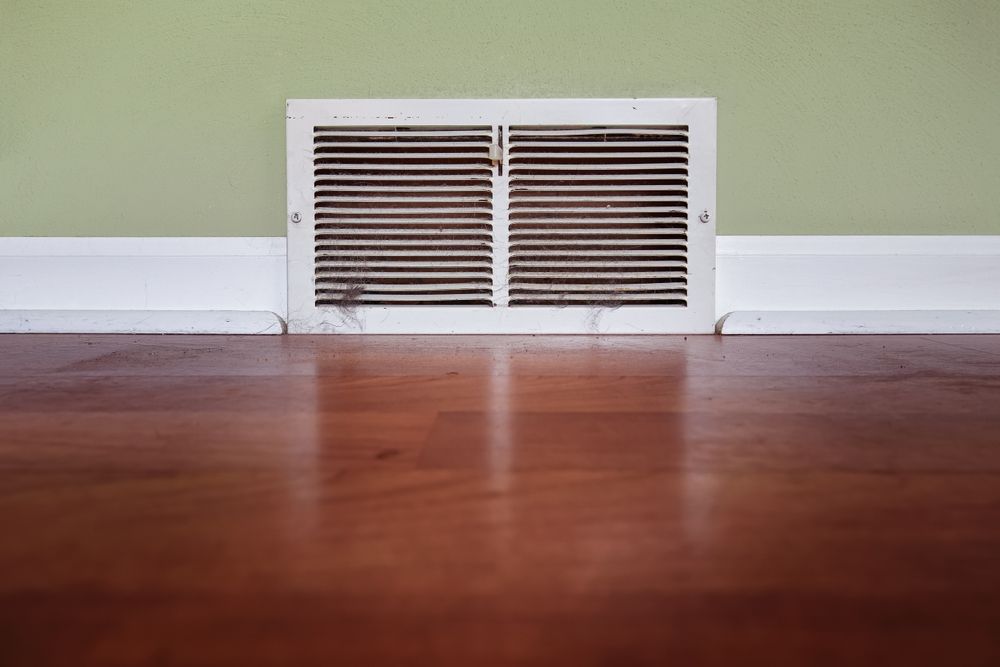
- Mold and Mildew: Areas with high humidity, such as bathrooms and basements, are prone to mold growth, which can release harmful spores into the air.
- Inadequate Ventilation: Poor ventilation keeps indoor air pollutants trapped inside. Make sure your home has adequate airflow, especially in rooms where moisture levels are higher.
- Faulty HVAC Systems: An HVAC system that is not properly maintained can circulate dust, mold, and other pollutants. Regular HVAC maintenance can improve air quality and ensure your system is working efficiently.
How to Improve Indoor Air Quality in Your Home or Office
Improving indoor air quality is easier than you might think! Here are some practical steps you can take:
1. Regular HVAC Maintenance
A well-maintained HVAC system is crucial for controlling indoor air quality. Regular inspections and filter changes can reduce the buildup of dust and pollutants. If you live in Warner Robins or Macon, GA, Buzzell Plumbing, Heating, and Air Conditioning offers expert HVAC maintenance services to ensure that your system is circulating clean air.
2. Install Air Purifiers
Air purifiers are an excellent way to remove particles and pollutants from the air. HEPA filters, in particular, can capture small particles such as dust mites and pet dander.
3. Improve Ventilation
Opening windows when possible, using exhaust fans, and investing in a whole-house ventilation system can help bring fresh air into your home and reduce indoor pollutants.
4. Control Humidity
Use dehumidifiers in areas prone to moisture, such as basements and bathrooms, to prevent mold growth. Keeping indoor humidity between 30-50% can reduce the chances of mold development.
- Learn more about humidity control from the EPA.
5. Consider a Professional Indoor Air Quality Assessment
If you're concerned about your indoor air quality, it's a good idea to have a professional assessment done. Buzzell Plumbing, Heating, and Air Conditioning offers indoor air quality testing to identify specific pollutants in your home or office and recommend solutions to improve the air you breathe.
Call Buzzell Plumbing, Heating, and Air Conditioning Today!
Don’t wait until poor indoor air quality affects your health. If you're in Warner Robins or Macon, GA, contact Buzzell Plumbing, Heating, and Air Conditioning to schedule an indoor air quality assessment and explore solutions to keep your home’s air clean and healthy.
Visit our website mybuzzell.com or call us today at
(478) 209-2591 to learn more about how we can help you breathe easier!
